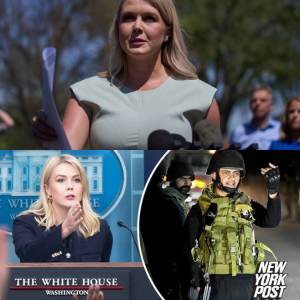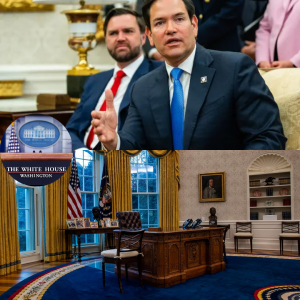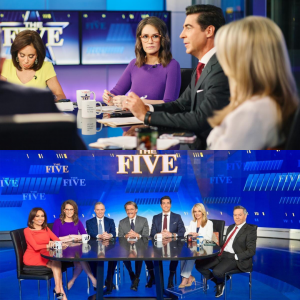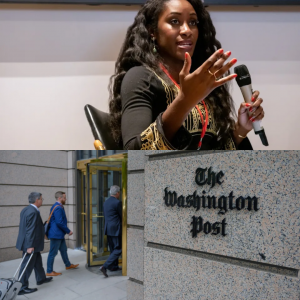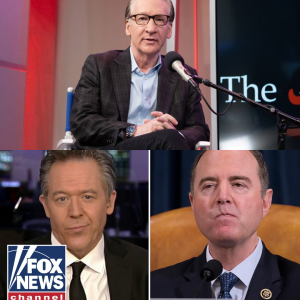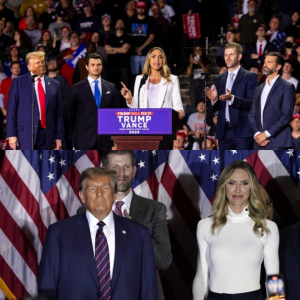Champions of free speech will have breathed a sigh of relief when The Walt Disney Company returned Jimmy Kimmel Live! to air on its US broadcast network, ABC, on September 23. Disney claims to have made this decision for the “right reasons” – but it was also driven by reports that creatives and, perhaps more importantly, consumers would abandon it in droves if the late-night US TV host was not restored. As always, the economic considerations had as much weight as political ones – if not more.

In the short term, Disney’s change of heart was rewarded. Kimmel’s return created a roughly threefold bump in its ratings – this despite 70 of ABC’s affiliated networks, owned by Sinclair and Nexstar, refusing to broadcast it. While it’s just one show with considerable news currency behind it, this bucks a long-term trend that has seen the decline of late-night political comedy on US broadcast television.
Falling advertising revenue was CBS’s stated reason for not renewing Stephen Colbert’s contract to host the Late Show when it expires in June 2026. But Colbert has been a longstanding critic of Donald Trump, and his show’s cancellation in August 2025 occurred alongside the finalisation of a merger between CBS’s parent company, Paramount, and Skydance Media, which required the approval of the Trump administration’s Federal Communications Commission (FCC).
In an article about topical political comedy in the UK, we argued that the cancellation of BBC shows such as Mock the Week, The Mash Report and Frankie Boyle’s New World Order were driven by the UK’s public broadcaster desire to neutralise claims it was too left-wing or “woke” in the eyes of the right-wing press and the then-Conservative government.
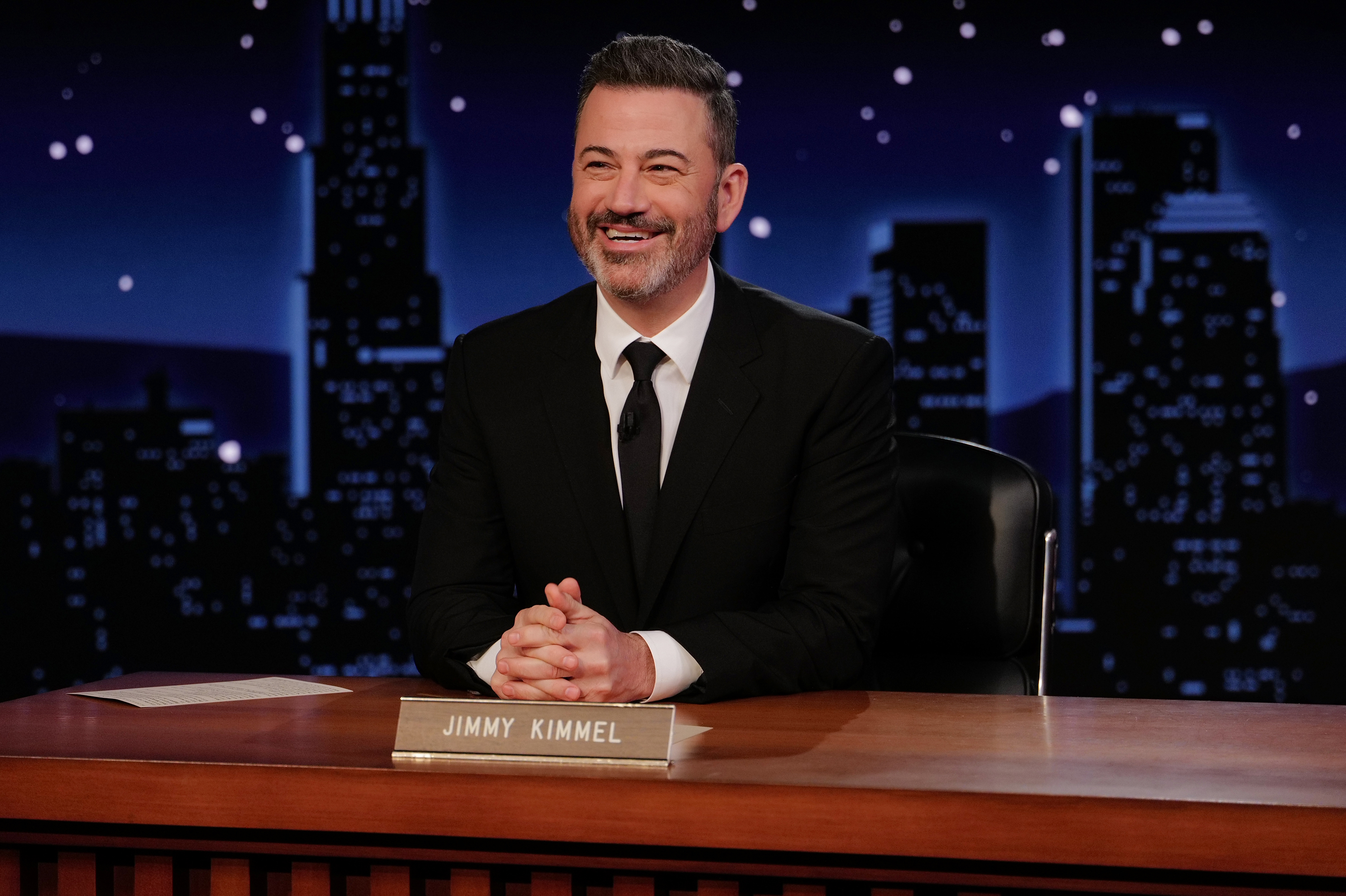
But while this pressure remains real, these shows also fit uncomfortably in a television ecosystem dominated by streaming where the moment of broadcast is of rapidly diminishing importance. Topical comedy’s connection to a particular time and space means it struggles to capture attention from, and remain relevant to, audiences who are used to binge-watching and time-shifting.
So, while the return of Jimmy Kimmel Live! to ABC may be good news for those who fear the US’s descent into authoritarianism, we should consider what other factors may have been at stake in the decision.
For now, Disney cannot afford to offend the creative community that produces content for the more lucrative areas of its business, from Walt Disney Studios and Marvel to Star Wars. Nor can it alienate its consumers who subscribe to Disney+ or visit its theme parks every year. Many members of both groups are not fans of Donald Trump or Maga.
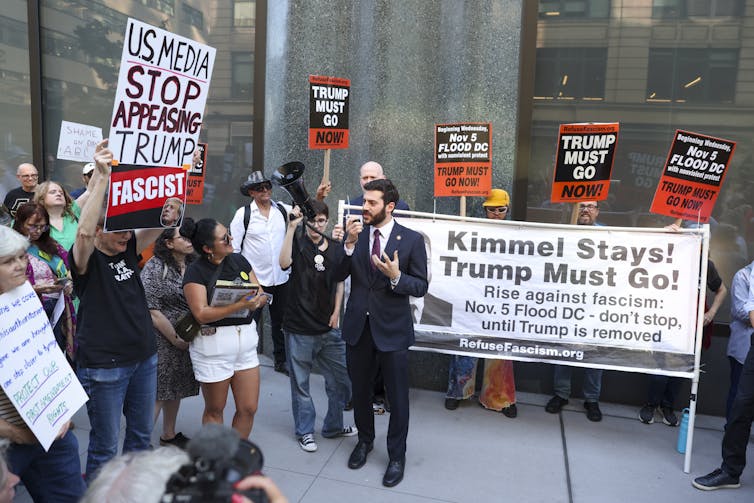
But in the medium and long term, Disney might question whether going all-in for late-night comedy hosts is worth it when this could harm other, more valuable parts of its business. For example, Disney is unlikely to sacrifice its ability to get FCC approval for future acquisitions – such as the rights to broadcast live sports on ESPN – for the sake of satirical critique of the Trump administration.
Free speech flourishes online
Tellingly, Kimmel’s opening monologue on his return broke records on YouTube, with more than 15 million views in its first 16 hours. There remains a significant audience for satirical political content, even if not through traditional linear broadcast. Whatever Disney decides in future about Jimmy Kimmel Live! or its ownership of ABC (which is not for sale at present), this trend is likely to continue.
In this age of political polarisation and cultural fragmentation, topical political comedy and satire in the US and beyond are arguably better suited to the online environment. This is – for now – a safe space outside the purview of Trump’s FCC, where commentators and other content creators can say the unsayable largely unencumbered by regulatory oversight on social media and YouTube.
Whatever the right-wing suggests, free speech is alive and well – for good or ill – online. Recommendation algorithms can find content for you whatever your political proclivities.

The Walt Disney Company does not want to be part of a culture war. It has sought to avoid it in these first months of Trump’s second term, from settling his defamation lawsuit against TV anchor George Stephanopoulos and ABC to the tune of US$15 million (£11.23 million) in December 2024, to erasing queer and environmentalist themes from Pixar’s Summer 2025 release Elio.
Despite taking meaningful steps towards diversity and inclusion in recent years, Disney has responded to the US’s rightward turn by concluding that politics is bad for business.
So while it is heartening that, in this instance, Disney has chosen to back free speech and liberal values against right-wing authoritarianism, it would be naive to think this portends a major sea-change in its approach. As former CEO Michael Eisner said in an internal memo in 1981: “We have no obligation to make history. We have no obligation to make art. We have no obligation to make a statement. To make money is our only objective.”
The future of topical political comedy and satire on broadcast television will be decided by this cold, hard reality. Indeed, while this particular battle may have been won by Kimmel and his fans, the larger war may already be over.
